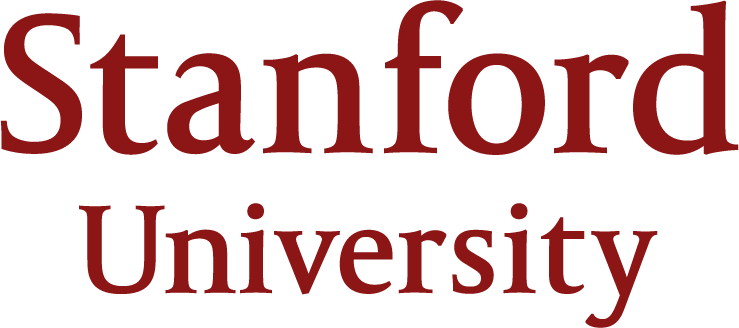
|
The 9th CCSC Southwest Region ConferenceMarch 25-26, 2016 |
Keynote Speakers
| And Now the Hard Work Begins: Achieving the Promise of Computer Science Education | Date: TBD Time: TBD |
| Chris Stephenson, Google |

|
|
Abstract: The recent news of a major federal financial commitment to support computer science education may lead some to believe that the long battle for the discipline has been won, but the reality is that it has just begun. Now, under an international spotlight, we are called on to make computer science an exemplary academic discipline that is rigorous yet accessible and engaging to all students at all educational levels. To achieve this, we must address significant academic, economic, and social challenges. This presentation will explore how we got to where we are, what is left to be done, and how academe and industry can work together to fulfill what we have promised. It will also provide insight into how Google in particular sees its role and determines how it can best support these efforts. | |
|
Biography: Since 2014 Dr. Chris Stephenson has served as the Head of Computer Science Education Programs for Google, leading the strategy and execution for several computer science education projects, collaborating closely with internal Google teams and external computer science organizations. Prior to Google, Dr. Stephenson founded the Computer Science Teachers Association and subsequently served as its Executive Director for ten years. With a current membership of more than 22,000 members and 46 local chapters, CSTA has become a major force for improving computer science education in the U.S. and internationally. Dr. Stephenson earned her Ph.D. from Oregon State University. In all of her roles, Dr. Stephenson believes all students should have access to rigorous computer science courses in their schools and access to the career opportunities the discipline provides. Guiding her efforts are the truths that teachers can be profound agents of change, bettering the lives of every student they encounter, and that we have an obligation as a society to prepare students for the jobs of the future, ensuring that they have the skills and knowledge to be not only consumers but creators of our era's most important tools. |
| To be determined! | Date: TBD Time: TBD |
| Mehran Sahami, Stanford University |

|
|
Abstract: To be determined! | |
|
Biography: Mehran Sahami is a Professor and Associate Chair for Education in the Computer Science department at Stanford University, where he is also the Robert and Ruth Halperin University Fellow in Undergraduate Education. Prior to joining the Stanford faculty, he was a Senior Research Scientist at Google. His research interests include computer science education, artificial intelligence, and web search. In 2014 Dr. Sahami won the ACM Presidential Award for his work as co-chair of the ACM/IEEE-CS joint task force on Computer Science Curricula 2013, which is responsible for creating curricular guidelines for college programs in Computer Science in the U.S. and internationally. |
| Reviewing NSF Proposals: Effective Proposal Writing via the Review Process. | Date: TBD Time: TBD |
| Paul Tymann, NSF and Rochester Institute of Technology |

|
|
Abstract: This tutorial focuses on the NSF proposal review process. Via close examination of the review process, participants gain an understanding of how to write good reviews and how to improve their own proposal writing. The tutorial covers the following topic areas: the proposal review process from submission of a proposal to award or decline; elements of a good review; NSF merit criteria (intellectual merit and broader impacts); elements of a good proposal; and how to volunteer to review proposals. The tutorial uses a structured guided-interactive methodology to lead participants through each topic by introducing related issues, engaging participants in group exercises designed to explore and share their understanding of the issues, and then providing some “expert” opinion on these issues. Good and bad examples and a Top Ten List of Do’s and Don’ts will be provided. | |
|
Biography: Paul Tymann is serving a temporary assignment as a Program Director at the NSF’s Division of Undergraduate Education (DUE). He is a Professor of Computer Science at Rochester Institute of Technology, a former department chair and past co-chair of the SIGCSE Technical Symposium. At NSF, he works on the Federal Cyber Service: Scholarship for Service (SFS), and the Scholarships in Science, Technology, Engineering, and Math (S-STEM) programs. |
